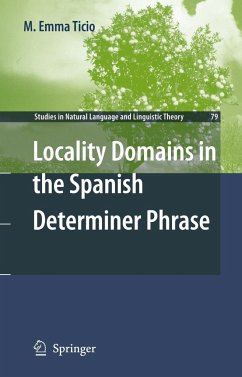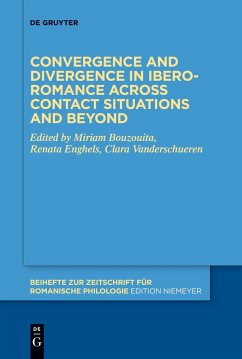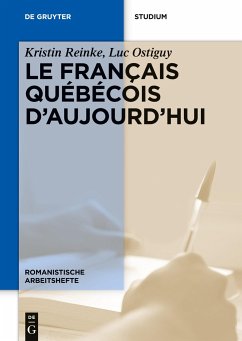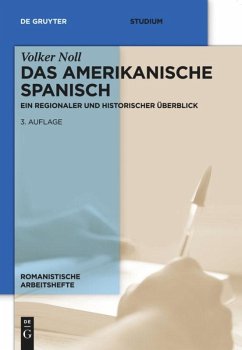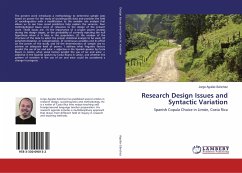
Research Design Issues and Syntactic Variation
Spanish Copula Choice in Limón, Costa Rica
Versandkostenfrei!
Versandfertig in 6-10 Tagen
28,99 €
inkl. MwSt.

PAYBACK Punkte
14 °P sammeln!
The present work introduces a methodology to determine sample sizes based on power for the study of sociolinguistic data and provides the field of sociolinguistics with a modification to the variable rule analysis that allows us to see how social predictors help explain the variance. Four methodological issues were of relevance to the design of the present work. These issues are: (1) the importance of a proper power analysis during the design stages, or the probability of correctly rejecting the null hypothesis when it is false in the population, (2) the analysis of the structure of the data t...
The present work introduces a methodology to determine sample sizes based on power for the study of sociolinguistic data and provides the field of sociolinguistics with a modification to the variable rule analysis that allows us to see how social predictors help explain the variance. Four methodological issues were of relevance to the design of the present work. These issues are: (1) the importance of a proper power analysis during the design stages, or the probability of correctly rejecting the null hypothesis when it is false in the population, (2) the analysis of the structure of the data to select the proper statistical analysis to be used, (3) polychotomization, or categorization, of continuous variables and its effect on the power of the study, and (4) the determination of sample size to achieve an adequate level of power. I address what linguistic factors predict the use of ser and estar + adjective in the Spanish spoken by Costa Ricans in Limón, what social factors predict the use of ser and estar + adjective in the Spanish spoken by Costa Ricans in Limón, and whether the pattern of variation in the use of ser and estar could be considered a change in progress.



